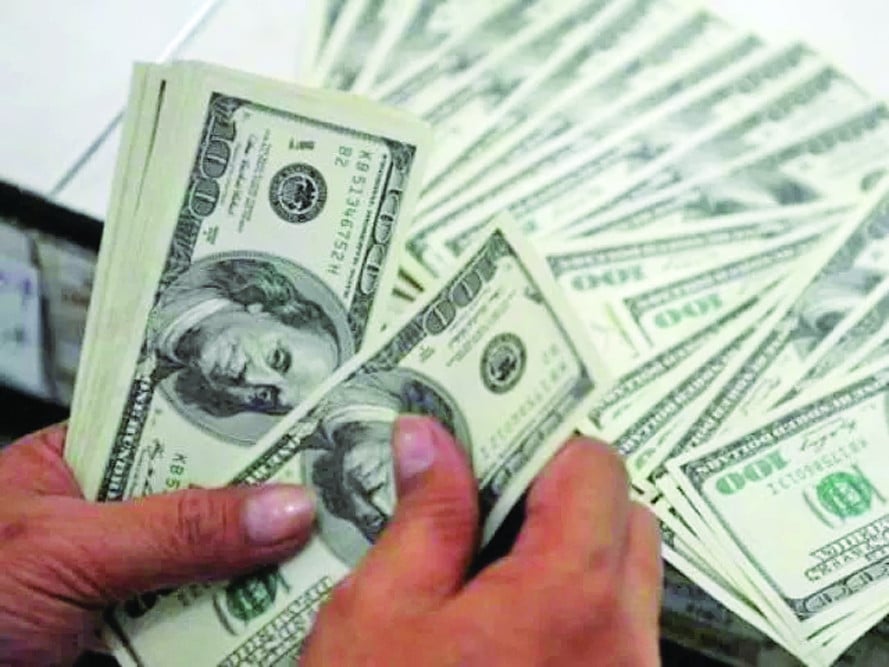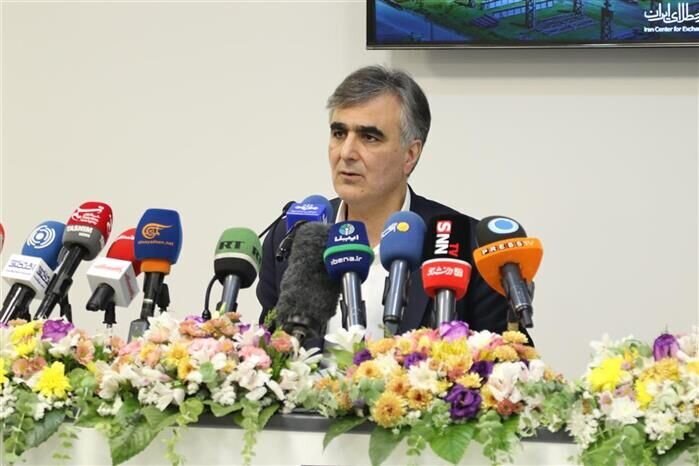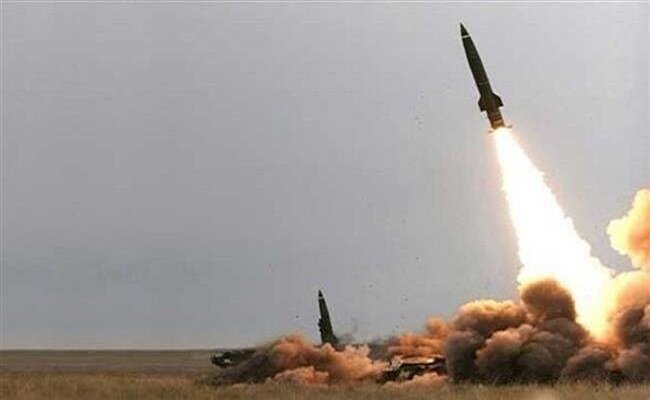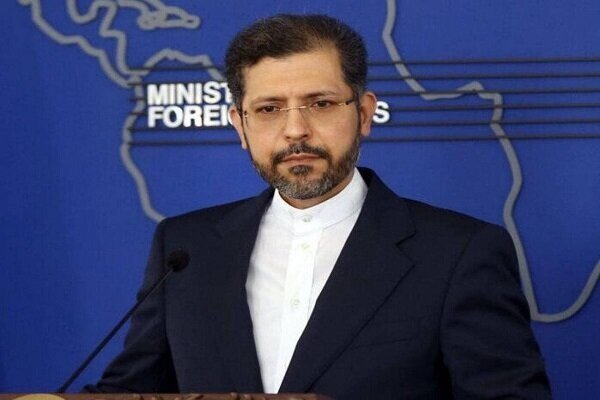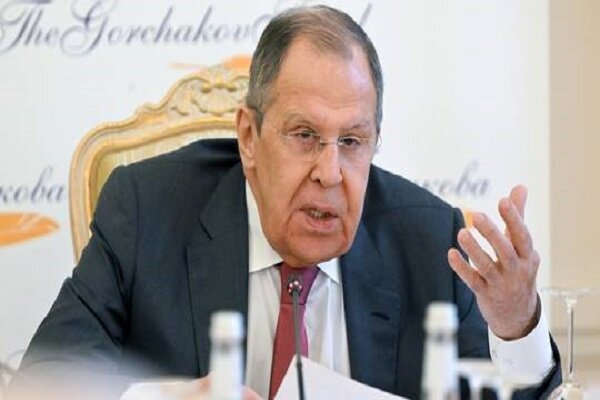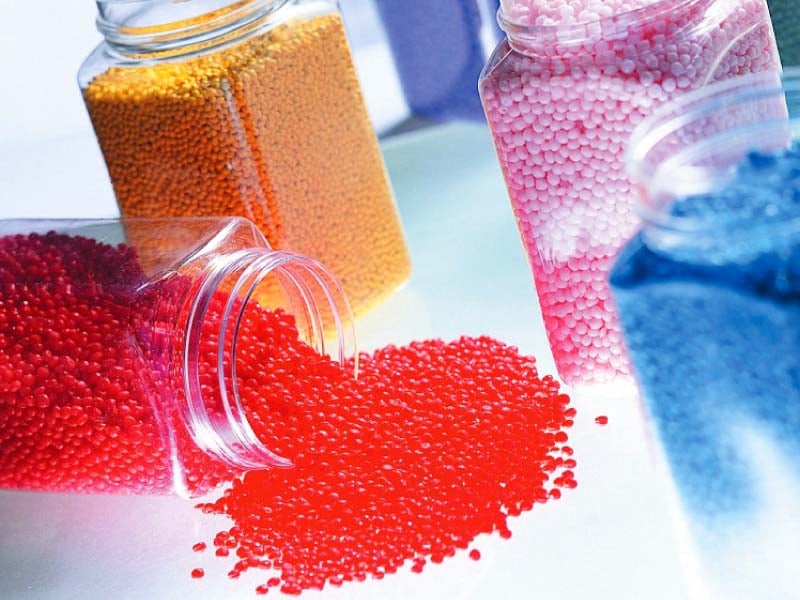
ISLAMABAD:
The chemical and plastic manufacturing sector has voiced serious concerns over the proposed tariff reduction on the import of chemicals and plastics.
According to industry experts, such changes could trigger an irreversible decline in a sector that forms the backbone of Pakistan’s industrial value chain. The local industry has urged the government to maintain the current tariff regime for fiscal year 2025-26 and initiate broader, multi-stakeholder dialogue before making long-term changes.
The chemical industry contributes 3-4% of national gross domestic product (GDP) and supports over 300,000 direct and indirect jobs. Annually, it enables import savings of over $7 billion, makes exports of $1.2 billion and pays more than Rs700 billion in taxes and duties.
Industry players claim the sector is already on the verge of collapse due to structural disadvantages including high energy tariffs, exorbitant raw material costs, elevated capital costs and heavy taxation. Gas prices in Pakistan have increased nearly fourfold in the last three years for most captive power plant-based chemical players, rendering them uncompetitive versus peers in other countries.
Adding to this challenge is a corporate tax burden of approximately 37%, far higher than the average rate of 20-25% in countries like Vietnam, Bangladesh and India.
Despite these challenges, listed companies in the industry have collectively invested Rs100 billion in the last three years to expand production capacity and improve operational efficiency. Stakeholders have asked the government to maintain the current tariff regime for FY26 and begin broader consultations.
The case for tariff reduction is a hypothesis, which suggests that reduced duties will start Pakistan’s journey towards export-led growth. This theory is contestable.
There are several petrochemicals like polyethylene (PE) and polypropylene (PP) that have minimum duties today; if lower tariffs could drive exports, Pakistan would have tangible PE and PP downstream product exports, which is not the case.
On the contrary, the export of petrochemicals protected through tariffs is higher. Two petrochemical companies were also among top 50 exporters in 2023 because they invested over and above the local market and were able to export surplus products and generate foreign exchange, a path that India follows to date. It is also important to note that anything imported for exports is duty free under the Export Facilitation Scheme, which means tariffs don’t affect exports.
Critics argue that export schemes are complex, but that’s not the case; if a company can’t manage documentation for export schemes, it’s unlikely they’ll compete in the global trade system, which requires extensive compliance and documentation.
As Pakistan considers reforms to stimulate long-term growth, many in the industry are advocating deeper consultation. Industry players say tariff changes must be part of a broader, sequenced industrial policy, not standalone interventions.

